Anu Recommends #43
Cosy grey academia fantasy, sci-fi undertoned lit fic, and a translated lit fic
Dear reader,
Today, in addition to three book recommendations, I have the link to the latest author interview I conducted, a birthday shoutout to a Storyteller favourite, and the preorder link* to my debut kids’ book (!)—who’s the excited one?
.
.
.
Me, if that wasn’t clear enough 😂
(*predominantly US and Canada because of shipping costs; local options to come)
The birthday shoutout is for none other than Shivani Khot (this is her instagram—go wish her, then hire her for a pet portrait which she has recently opened up commissions for). Click on the sneak peek below to be taken to a fun announcement reel that she’s made about the same.
The first of at least two author interviews by me for Write or Die Magazine is now live at the link below.
I really enjoyed chatting with Andrés and will be posting more about the book in a future issue—How We Named the Stars is out from Tin House at the end of the month. For now, here’s the interview!
https://www.chillsubs.com/writeordie/interviews/andres-n-ordorica
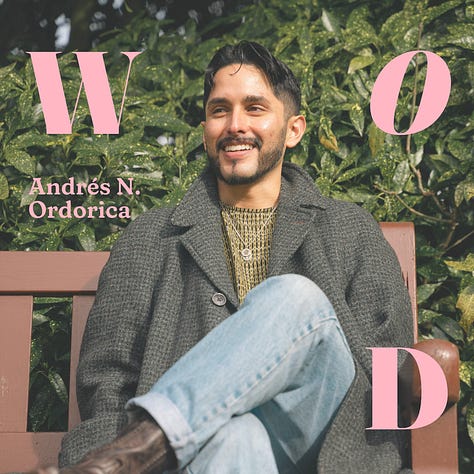
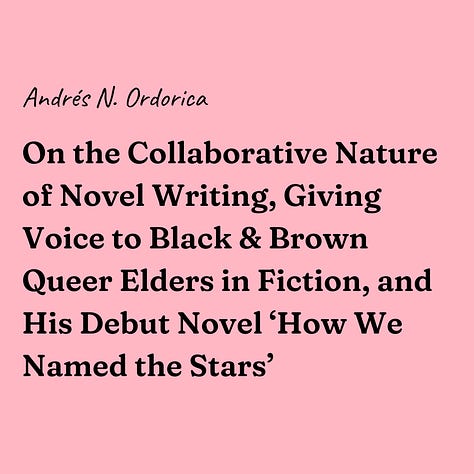

And here is where you can preorder Ready, Set, . . . Bubble!
https://www.ladderworks.co/products/pre-order-get-set-bubble
Having never written anything for kids, I was nervous when Ladderworks asked if I would work on this. But with the theme of Equity in Sports and the stories of five inspiring founders to draw from, there was also excitement in the mix; here was my chance to further mix my passion for words and for sports, here was my chance to create a whole planet!
The months long process - from conceptualising the world, story, and characters, to going through multiple drafts and readjustments, to ensuring that I captured what I wanted to say within 40 odd pages (of fewer words than I'm used to!) - was challenging and rich in equal measure. I couldn't have done any of it without the creative collaborative support and input of my wonderful editor Laura.
I'm looking forward to taking you along as Snu, Plo, Bun, and Fizz of Planet Dubook, embark on a quest for equity, diversity, and inclusion in their town's annual race, all while having fun and eating tons of borpy-melon icecream!
If you know any kids (feel free to nominate yourself 😁) who would love to join the gang on their adventures, please help me spread the word.
Alright, recommendation time 🤓
January in Japan: a throwback
What gives you comfort when you're feeling out of sorts? Back in early 2015, when I was still living in Spain, I spied a thin volume in the small English-language section of the local library. Six years on, in January 2021, I revisited it, a little hesitant as I always am when I have read and enjoyed something only once. But it was every bit as charming and full of heart as I remember.
Have you ever wondered who you would be without the perception of time and place that connects it all into a coherent whole?
The Professor has only 80 minutes of short-term memory until it resets to make room for the next batch. For him, life stopped in 1975, before the car accident that caused permanent brain damage. Any sense of time since is imaginary and abstract unlike the numbers that help keep order in his world.
Numbers are his oasis in the middle of an endless desert, the place of rest and cool, clear water. But they are also his way to reach out to the world. To forge connections and situate himself in the larger design, of life, existence, the universe.
Numbers are truth.
This was true before the accident and remains even more so now, when he has to walk around with notes clipped to his coat reminding him of important information even if he has no memory of them.
Then, one day, he gets a new housekeeper. She has a young son, who he calls Root because the flat top of his head resembles a square root sign. For the Professor, every day is the first time he meets them, but they forge a connection that goes beyond time and memory.
The old man introduces them to the simplicity and elegance to be found even in the most complex of equations. How numbers reassuringly never change, even after giving up their secrets. For the housekeeper, a single mother who's feeling a little lost herself, a peek at the invisible world propping up the visible one brings comfort, the promise of inexplicable peace.
The Housekeeper and the Professor by Yoko Ogawa (translated from the Japanese into English by Stephen Snyder) is a wonderfully evocative tale of unexpected friendship, and the impact of the rare, fleeting moments that connect us to others and the universe and change our lives.
Now, from one endearing out-of-place person seeking connection to others…
Two lands, two authors, two wonderful stories
When I began this reading year with Emily Wilde’s Map of the Otherlands by Heather Fawcett and Beautyland by Marie-Helene Bertino, I couldn’t have imagined how many similarities that its two protagonists would share. Don’t you love when back-to-back reads do that serendipitously; a seamless layering onto the other, further enhancing the reading experience and the thoughts that spring from it?
For those of you who’ve read this newsletter since early last year, the name Emily Wilde might strike a familiar chord. I read and reviewed (and loved) the first book in the series in issue #7.
Anu Recommends #7
Hi and welcome to the Storyteller! It feels like much longer than a week since I sent out the last issue—I guess that’s what happens when many different deadlines, projects, and words are squeezed into a much shorter span of time. Among it all, this past week did give me my first football piece of 2023, and my first Arsenal-related work in over 1.5 year…
Map of the Otherlands is Book 2 in an announced trilogy, and hence, in oft-proved theory, the hardest one to execute. Turns out I shouldn’t have worried since we’re in very safe hands! While the darkness here is more frequent and darker than its predecessor—the reason why I’ve dubbed it grey academia, levitating between the light and dark extremes of the spectrum—the cosy, whimsical, wintry, and magical vibes wane not one bit. The higher stakes make this a higher-octane adventure, one in which it takes a while to settle into the comfort-excitement-peril rhythm, but once you find your footing, it’s a warmhearted treat to be reunited with this world and these characters.
To refresh memory, Emily Wilde is a professor and foremost expert on the study of faeries at the University of Cambridge. In between Books 1 and 2, she has published her comprehensive Encyclopaedia of Faeries, the world’s first. In this one, she’s working on a map of the faerie realms, aka the Otherlands. When danger threatens the life of her colleague and former rival, the charming Wendell Bambleby, the two scholars, accompanied by two others, must set off for the Austrian Alps which hold all the answers they’re looking for, but not without significant risk.
Emily's meticulous diary entries, and the accompanying academic footnotes, still work as a narrative device; she is as delightfully curmudgeonly and stubborn as ever, in life and in narration, as unselfconsciously unconventional as ever. There are flashes of humour that shine and smile, and I found endearing the newer shades to her interactions with people, especially having seen her grow so much during her time in Hrafnsvik in Book 1. The bonds between her and Bambleby knit ever deeper (making for even better banter) without overshadowing their independent development and learnings. In an almost throwaway line in the middle of important details, we even get a deeper insight into why the author chose this device—“I am not writing a paper for peer review,” Emily writes. “In maintaining this journal, I am trying, more than anything else, to keep myself sane.”
I missed the Hrafnsvik villagers (though, to my delight, a beloved character from the first book makes some special appearances), but we are introduced to new characters, including two key supporting cast who never felt superfluous or without their own personalities. The plot is less slowburn than Book 1’s was, which suits this particular book as well as the other suited the former, and the author deftly and satisfyingly wraps this book’s threads, while setting up everything for the grand finale.
There’s just one whole year to wait for that, of course.
If you want to make the waiting more bearable, might I suggest a nostalgic literary fiction with undertones of (very mild) sci-fi?
The word alienated means “experiencing or inducing feelings of isolation or estrangement”.
At first glance, Emily Wilde and Adina Giorno have nothing in common. Until you realise that both feel like they’re straddling two, maybe even multiple realms, simultaneous juggling of homes and identities. And this reality is true for both, in very different ways.
Adina is an alien born in the human body of a baby delivered by a Sicilian-American, working-class, single mother in northeastern Philadelphia in 1977, at the same moment when Voyager 1 is launched into space carrying its famous golden record. This traveller, from a planet 300,000 light-years away, is sent to Earth to “take notes”, which she passes along to her superiors via an old repurposed fax machine Adina’s mother fishes out of their neighbour’s trash.
As Adina grows up and lives the life of a “normal” person, she cannot mask her uniqueness, the way she is, the way she sees the world—very few will be (eventually) privy to her secret; the rest simply think that she’s different, eccentric, someone not bound by the unspoken rules of society. Yet, Adina and her questions, her thoughts, her yearnings for connection and belonging, and her doubts, are so relatably, utterly human. And it is precisely her status as an outsider that allows for her insightful observations on the human condition, modern society and conventions, the world as we know and see it and how the very knowing and seeing is affected depending on so many (out of our own control) factors.
I’m not familiar with Marie-Helene Bertino’s other work (though now I’m definitely going to go through her backlist), but her narrative approach of lyrical present-tense fragments elevates her material; a novel born out of a short story she’d written in 2012 and published in the award-winning collection Safe as Houses. The observations are keen, always sensitive, routinely witty, and often droll. They surround and bolster Adina’s coming-of-age story, divided into parts mimicking the life cycle of a star, and convert this into a book that is at once intimate and expansive.
I personally thought that the first half of the book was noticeably stronger than the second half which changed in tone and felt a little repetitive and endless, hurtling towards an inevitable place. For me, it juxtaposed better the reality of human life—this stark, lonely, routinely unfair, painful and grief-filled but also shot through with joy, laughter, and beauty existence.
“We are not alone,” says Beautyland, titled after a local cosmetic store. It’s not a groundbreaking earth-shattering epiphany, but the journey it takes us on to get there is, for the most part, tender, earnest, funny, and quietly hopeful.
Please feel free send in recommendations—books, movie, TV shows, authors to interview, ideas of what you’d like me to write on, rants/ramblings/excited monologues, GIFs and memes (especially them) and more. Just drop me a line and turn this into a conversation, even if just to say hi and let me know what you thought of the latest issue. Or share this with someone you think might enjoy it. I always enjoy hearing from you 😊
Take care and I’ll see you next on February 4!
Anu
You can find me on Twitter at @AnuNande (follow for all the football chatter) and on Instagram at @booksinboston.

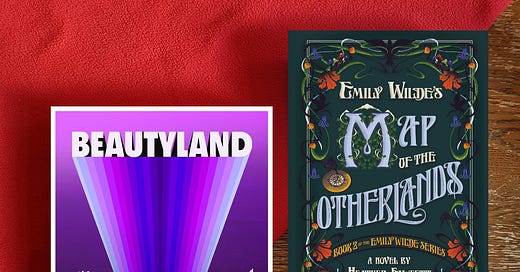



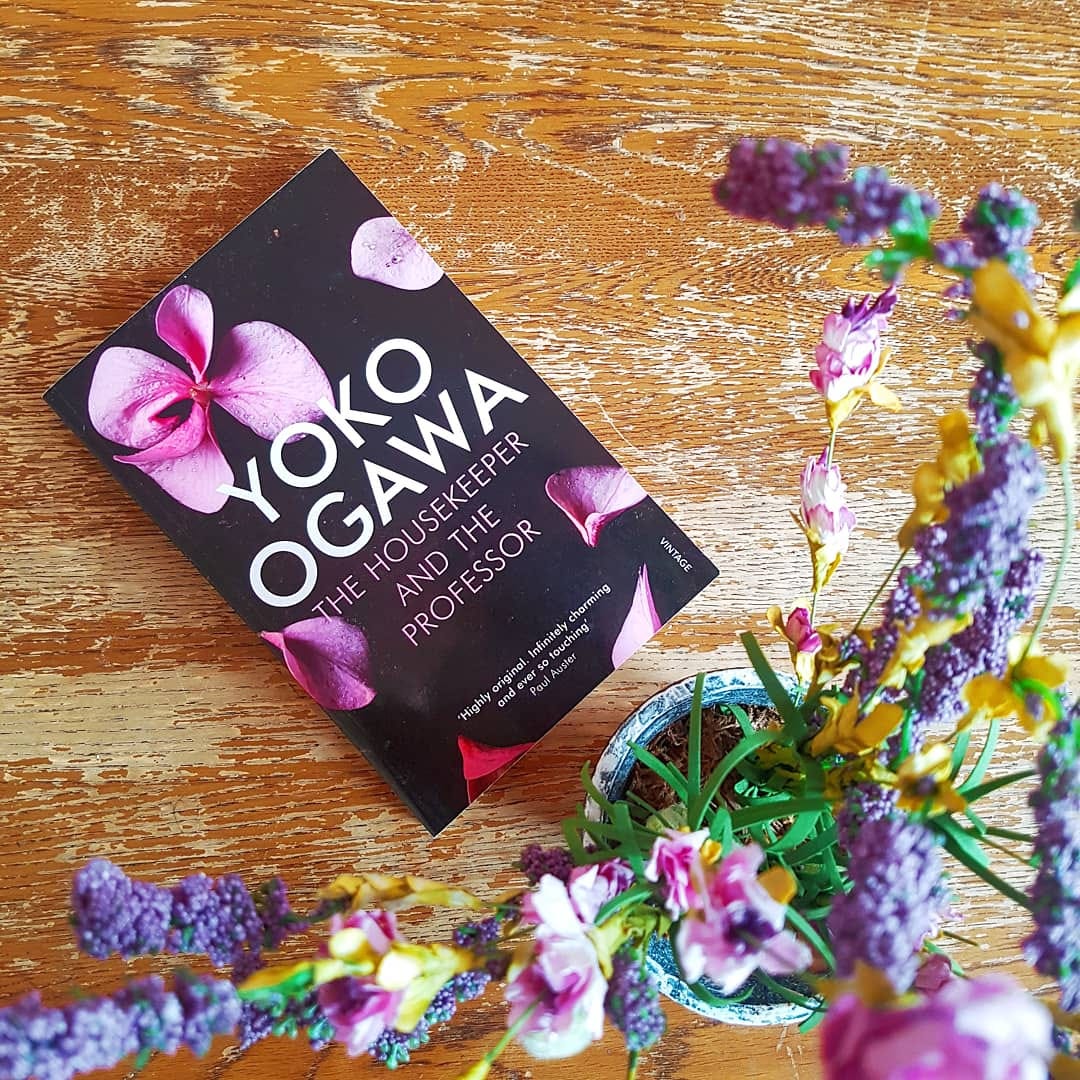
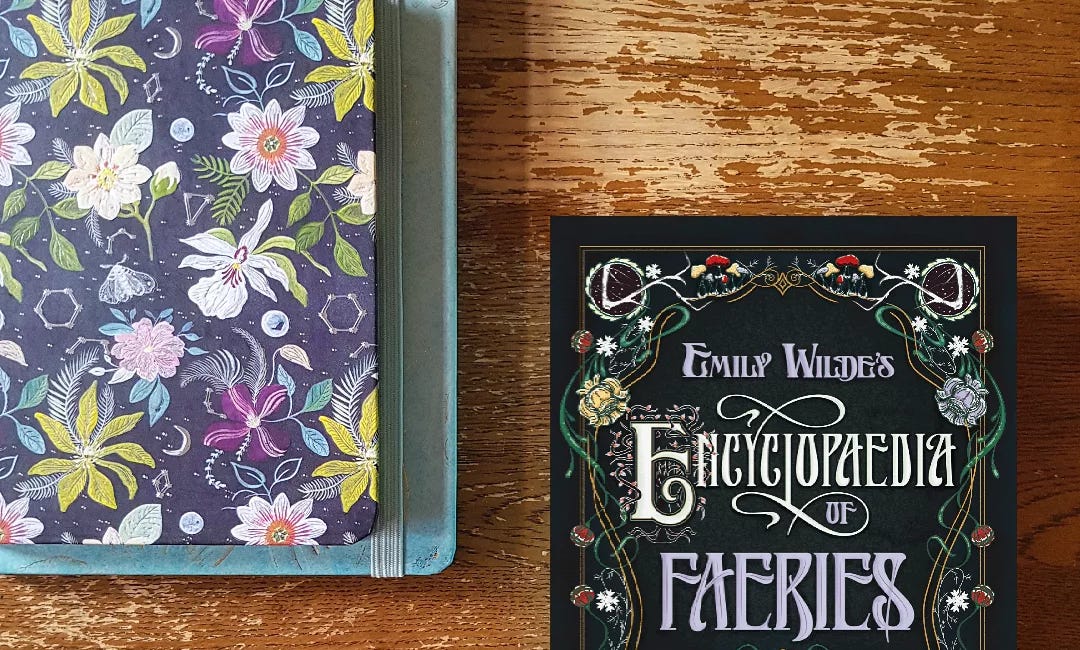
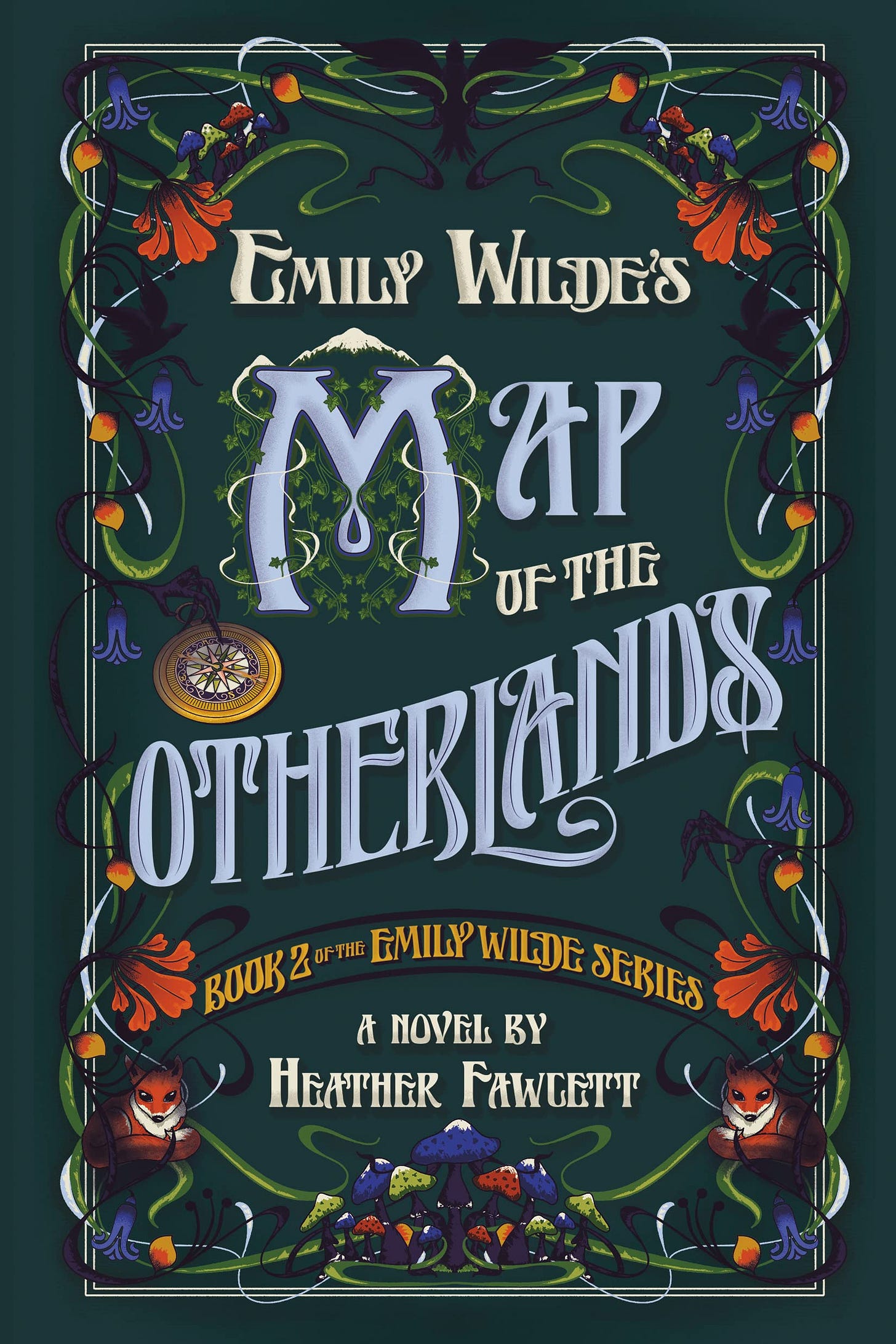
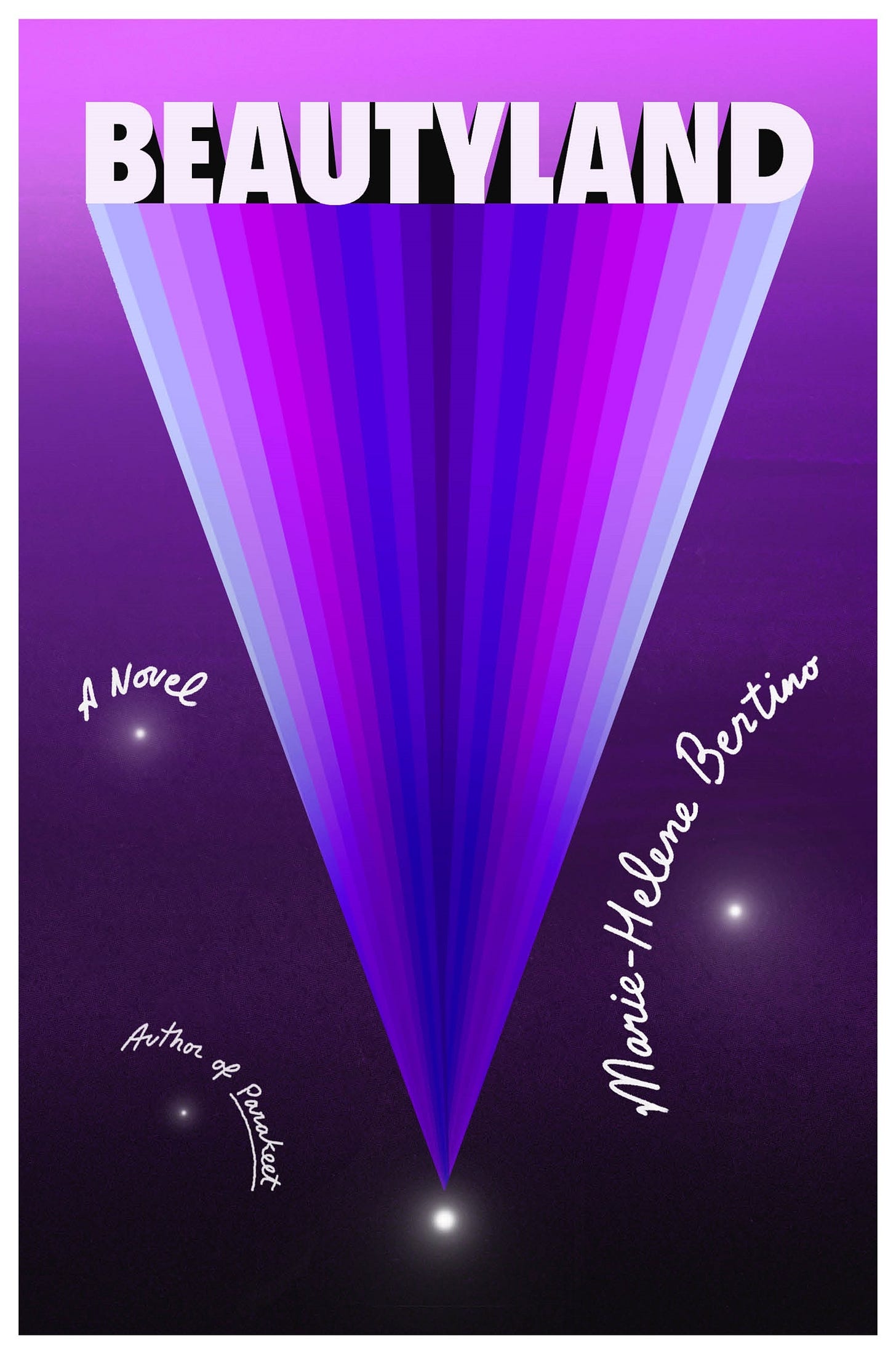
Congratulations on the new book! Super stuff!